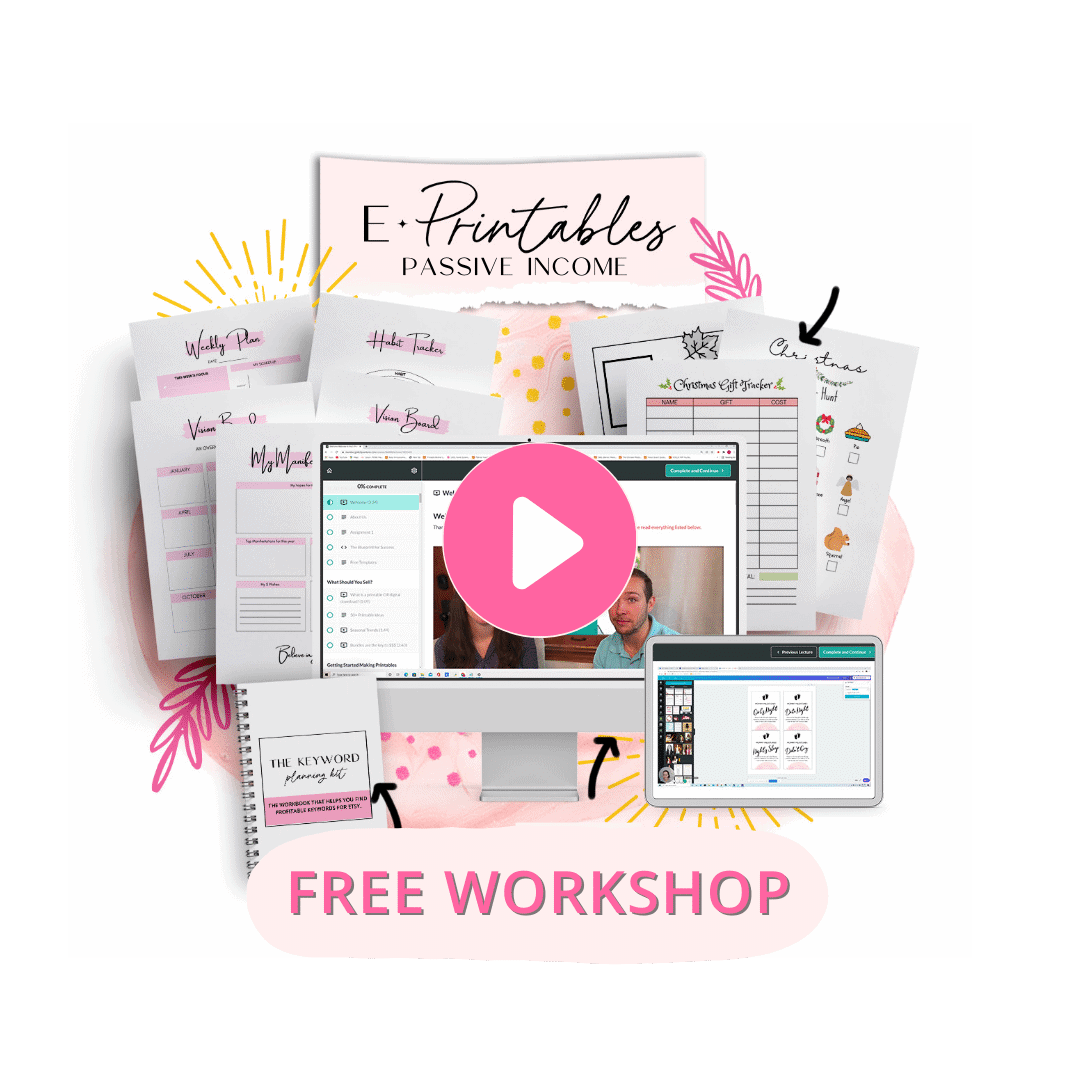Embracing content agility is key. But what about the associated investments? Is it better for publishers to make or buy innovations?

With the educational content shift taking place, publishers need to innovate. In a previous blog post, we've discussed why embracing content agility is key in this regard. Of course, such transitions require publishers to make investment-related decisions. With every innovation, the main question is, 'Will we make or buy this?'
To make: independence + uncertainty
Those who decide to develop a new initiative in-house will need to reach into their pockets. R&D, internal development, and maintenance are costly. Such investments do come with an advantage: once you've built your solution, you will have the technology, knowledge, and capability to independently manage and maintain it. You will be in control.
On the other hand, this requires constant investments and a complete overhaul of the organisation. For as your innovation continues to develop, you will need to expand your R&D teams, which should specialise in AI. Meanwhile, the outcomes are often uncertain — if you set out to develop AI solutions, you're entering a trial-by-error field. You can't be sure your investments will pay off the moment you get started.
To buy: ROI and focus + data-related concerns
The alternative is joining forces with a provider that has developed a proven solution for a specific part of the publishing process. This option comes with a considerable benefit: your return on investment is clear from the get-go, as you'll work with a tried-and-tested solution. Moreover, you'll be able to focus on your core business and sales organisation.
Of course, publishers might fear their data ends up in the hands of a third party, and they'll want to avoid a vendor lock-in. In practice, however, such concerns are not necessary. In most cases, the provider will have no interest in storing your data, as it develops its own. As long as you work with a reliable party, this won't be an issue.
One-stop-shop or expert?
To make the best decision, it's important to decide what you want to be known for. Can you best add value by developing technology in-house or by creating and distributing teaching materials? Being a one-stop-shop certainly has its advantages. But if you focus on a small piece of the pie — your core business — it will be easier to distinguish yourself. The latter, of course, requires you to work with the right parties.
Looking to work with a reliable partner? Many publishers have benefited from EDIA's AI-based automated text analyses. Instead of storing their data, we have enriched it, creating immediate added value so they can innovate faster. If you want to know more, be sure to get your free 30-day API trial.












